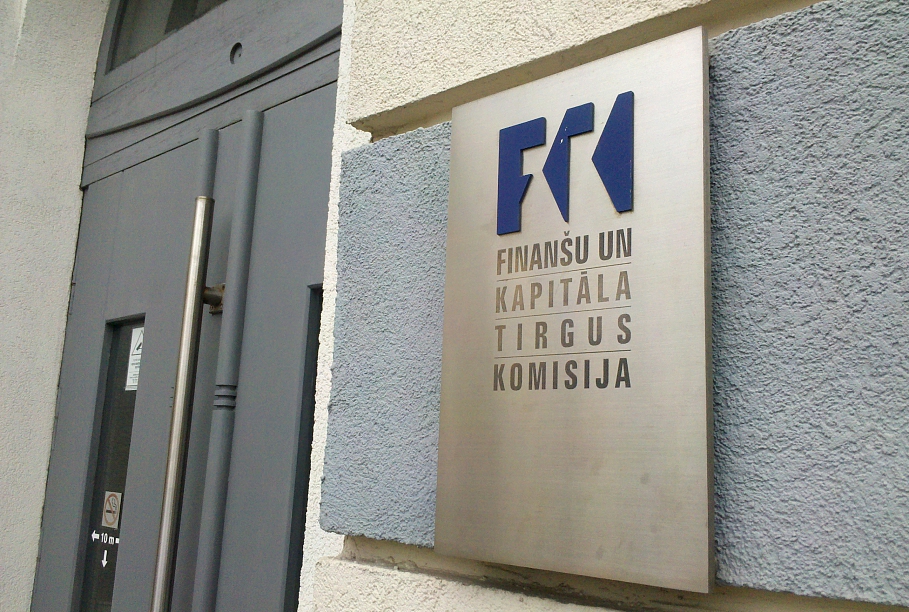"The exercise was held from 22 to 23 January 2019 and involved 31 authorities from Denmark, Estonia, Finland, Iceland, Latvia, Lithuania, Norway and Sweden as well as relevant European Union authorities. A staff member of the International Monetary Fund observed the simulation," said the Financial and Capital Markets Commission (FKTK).
Details of the precise scenario were left quite vague. "The exercise followed a hypothetical crisis scenario involving fictitious financial institutions in the Nordic and Baltic countries and tested the respective authorities’ crisis management capabilities and regional cooperation," FKTK said, adding that "In the period ahead, the participants will carefully study the detailed outcome of the simulation and take note of the lessons learned in order to strengthen the financial crisis preparedness of the involved authorities."
A working group under the Nordic Baltic Stability Group (NBSG), led by Sweden's Riksbank, was formed in 2017 to prepare for the exercise. The NBSG consists of Ministries of Finance, Central Banks, Supervisory and Resolution Authorities in the eight Nordic and Baltic countries.
FKTK's statement was identical to that issued by the Riksbank.
The Memorandum of Understanding signed by all the parties is available to view online and speaks of their "recognition of their common interest as regards financial stability stemming from potential system inter-linkages between their respective countries."






























